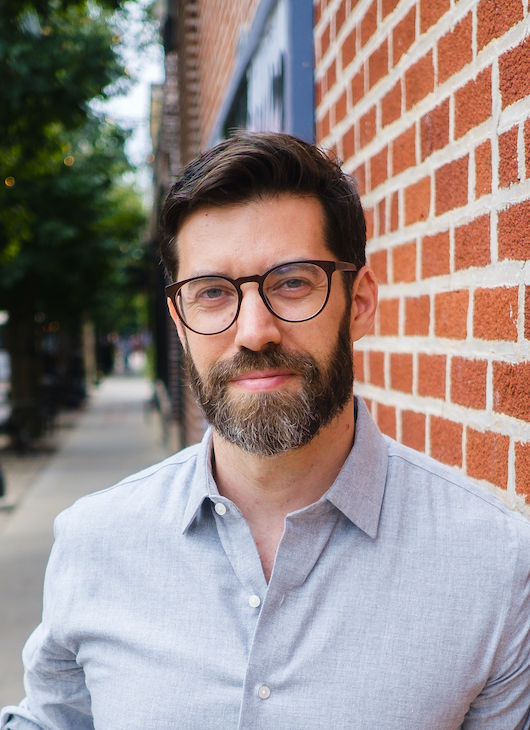Academic bio (short version):
- I am Bergen Evans Professor in the Humanities and Charles Deering McCormick Professor of Teaching Excellence at Northwestern University, where I teach U.S. and global history in the History Department. I am also a contributing writer at The New Yorker. My first book, Thinking Small (Harvard, 2015), offers a critical account of the United States' pursuit of grassroots development at home and abroad in the middle of the twentieth century. My second, the bestselling How to Hide an Empire (Farrar, Straus and Giroux, 2019), is a narrative history of the United States with its overseas territory included in the story. I'm now writing a fire history of the United States. My pronouns are he/him, my last name is pronounced IM-mer-var.
Academic bio (long version):
I got my undergraduate degree from Columbia University, where I studied history and philosophy. Then, funded by a Marshall scholarship, I got a second BA, this time at King's College at Cambridge University. My mentor there was the historian of empire, C. A. Bayly, and I wrote my thesis on postcolonial Nigerian architecture under the supervision of John Lonsdale. I returned to the United States to get a doctoral degree in history at the University of California, Berkeley, studying under the intellectual historian David Hollinger. My dissertation won the Allan Nevins Prize in American Economic History from the Economic History Association, and it received honorable mention for the Betty M. Unterberger Prize from the Society for Historians of American Foreign Relations.
In 2011-12, I was a postdoctoral fellow at Columbia University's Committee on Global Thought. In fall 2012, I joined Northwestern University's History Department, where I am now both Bergen Evans Professor in the Humanities and Charles Deering McCormick Professor of Teaching Excellence.
My first book, Thinking Small (Harvard, 2015), offers a critical account of the United States' pursuit of grassroots development at home and abroad in the middle of the twentieth century. It won the Merle Curti Prize in Intellectual History from the Organization of American Historians and was the co-winner of the Annual Book Prize from the Society for U.S. Intellectual History. Also, in 2015 I received the Stuart L. Bernath Lecture Prize from the Society for Historians of American Foreign Relations, given every year to a younger scholar for "excellence in teaching and research in the field of foreign relations."
My second book, How to Hide an Empire (Farrar, Straus and Giroux, 2019) is about the United States' territorial empire: colonies, occupation zones, and military bases. It was a national bestseller, one of the New York Times critic's top books of the year, winner of the Robert H. Ferrell Prize, and the finalist for the Mark Lynton History Prize. I received two year-long fellowships to complete it. One, from the National Endowment for the Humanities, funded a year of research at the Huntington Library in San Marino, California. Another, the Andrew Carnegie Fellowship, funded the completion of the book.
I'm writing a fire history of the United States, and have begun to publish material from that project.
I am a contributing writer at The New Yorker. My writing has also appeared in the New York Times, The Atlantic, Harper's, The New Republic, The Guardian, the New York Review of Books, The Nation, Foreign Policy, Slate, Diplomatic History, Modern Intellectual History, the Journal of the History of Ideas, the Journal of American Studies, the Journal of African Cultural Studies, Modern American History, Jacobin, n+1 (online), and Dissent, among other venues.
